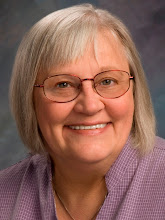I speak today of the anti-Nader brigade. That would be the bloggers and commentators who have over the past few days have resorted to name-calling and all manner of evil-speaking directed at Ralph Nader, who on Sunday announced his candidacy for president.
"Spoiler," of course, is the most common charge hurled by those who blame Nader for George W. Bush's win in 2000. Conventional wisdom says Nader took votes away from Gore; my unconventional wisdom says Gore took votes away from Gore. But more importantly, the nearly 3 million Americans who voted for Nader that year were able to vote for the candidate of their choosing rather than the candidates of the major parties' choosing. That is what counts. I want to vote for the candidate of my choosing, and I will continue to defend the right of every other American to do the same. Here's Nader's response:
Nader said Democrats should "concentrate on the thieves who steal elections" instead of "scapegoating the Greens," a reference to the Green Party, the ticket he ran on in 2000.
"The Democrats ought to look themselves in the mirror and ask themselves why they have not been able to landslide the worst Republican Party and the White House and Congress over the last 20 years," he said.
Other critics have called Nader a narcissist or an egotist. I don't know Nader personally, and I'm sure many of his critics don't know him either. But I do know this: it takes a whole lot more than shallow egotism to go the distance as a third-party or independent candidate. I may never vote for Nader, but I admire his tenacity and sense of purpose.



